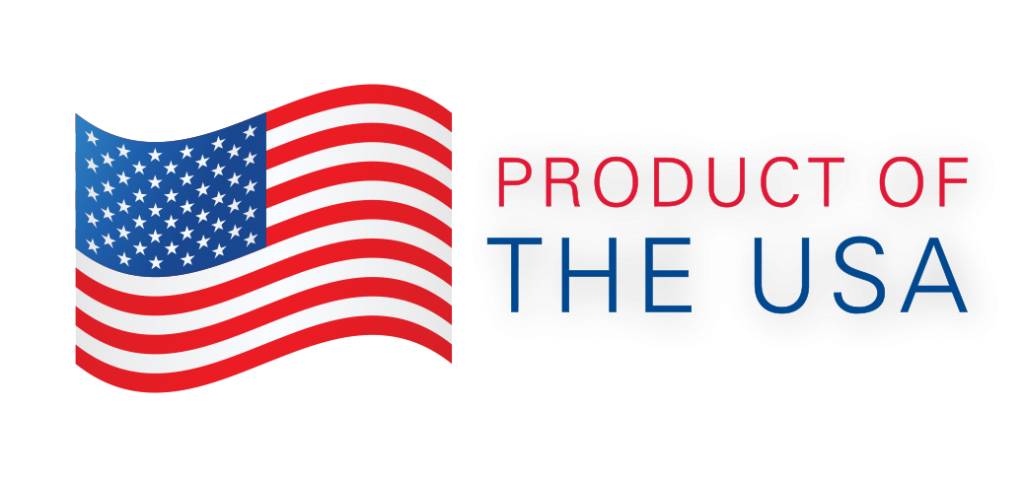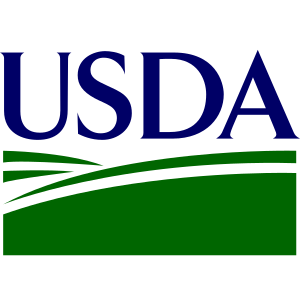
Earlier this month, at the National Farmers Union Annual Convention, U.S. Department of Agriculture (USDA) Secretary Tom Vilsack revealed significant updates aimed at enhancing consumer protection and competition within the meat and poultry supply chain. Key among these is the finalization of a rule for the voluntary “Product of USA” label claim, designed to align with consumer expectations. Additionally, the USDA is injecting $9.5 million into 42 projects via the Local Meat Capacity grant program to bolster processing capabilities and transparency in the U.S. seed industry.
The new rule stipulates that meat, poultry, and egg products can only bear the “Product of USA” or “Made in the USA” label if derived from animals entirely born, raised, slaughtered, and processed within the United States. This move aims to prevent misleading labeling and ensure consumer trust in product origins. The rule, supported by petitions and comments from stakeholders, follows extensive consumer surveys. Establishments using this voluntary claim must maintain documentation to support their label and comply with the new requirements by January 1, 2026.
The USDA’s $9.5 million investment through the Local Meat Capacity (Local MCap) grant program supports smaller-scale processing projects, enhancing the resilience of the local and regional meat and poultry supply chain. This funding is part of a broader $1 billion commitment to expand independent processing capacity. The initial set of awards targets equipment purchases, such as meat grinders and smokehouses, to increase processing availability for local producers.
To improve transparency and competition in the seed industry, the USDA introduced the Farmer Seed Liaison Initiative. A new Website Monitoring Program will ensure compliance with Federal Seed Act regulations regarding brand and variety names. This initiative emphasizes the importance of variety transparency and informed choices for farmers at the point of sale.
The new “Product of USA” labeling rule and the investments in local meat processing capacity are expected to influence the kosher goods market, potentially affecting product labeling and pricing. As these changes encourage more transparent and locally-sourced production, consumers of kosher goods may see alterations in product availability and cost, reflecting the broader goals of consumer protection and market competitiveness championed by the USDA.
Why does this matter to Kosher consumers?
Some of the kosher meat consumed in the USA comes from abroad, and if it is altered in this country it can be claimed as American meat even if it isn’t. This new law will eradicate that loophole. It means that American-raised meat may be in higher demand and raise prices as a result, but also lower prices on foreign meats. Kosher meat is produced in Argentina, Australia, Chile, Costa Rica, Mexico, and Uruguay and is exported to the US, Israel, and other kosher markets. The quality of the meat does vary from country to country.





